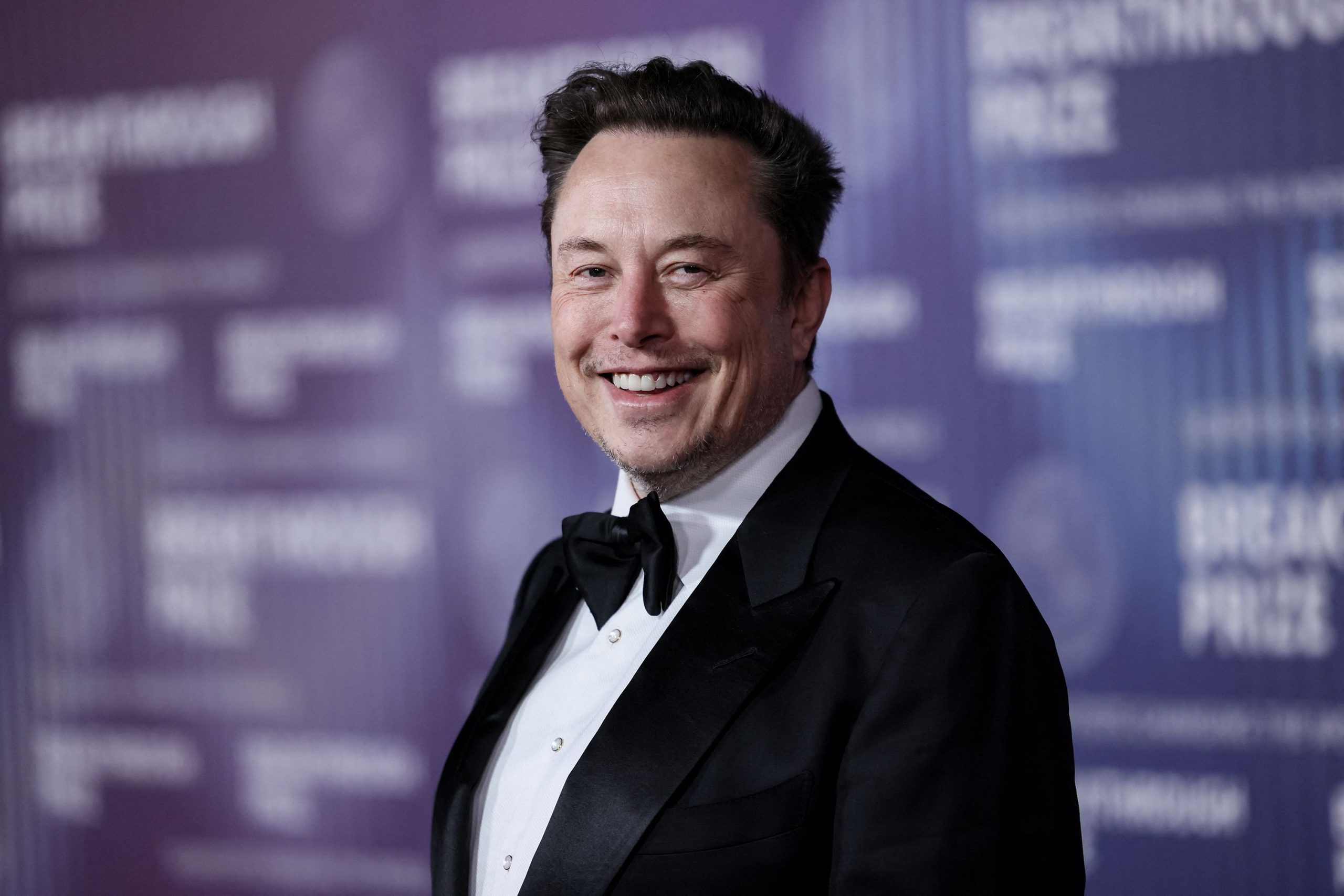Elon Musk is leaving his government role, the White House confirmed this week, ending a chapter that sparked widespread debate across industries and political circles. The departure has raised questions about the influence of tech leaders in public policy, and what Musk’s next move could mean for innovation, regulation, and national security.
What Was Elon Musk’s Role in Government?
Though not a traditional government employee, Elon Musk held an advisory position, occasionally consulted on matters related to technology, space, and energy. His influence spanned multiple administrations, though he was more prominently involved during periods when SpaceX and Tesla technologies aligned with federal priorities—such as clean energy or space exploration.
Musk’s role was often informal, but highly publicized. He provided insights on electric vehicles, AI, and infrastructure, often blurring the line between private enterprise and public policy. Critics pointed out the potential for conflicts of interest, especially when government contracts were awarded to companies he leads.
Why Is Elon Musk Leaving His Government Role?
According to a statement from the White House, Musk’s departure was “mutually agreed upon” and part of a broader effort to ensure transparency and prevent undue influence from private sector leaders on government decisions.
Officials didn’t elaborate on specific incidents, but the announcement comes amid ongoing scrutiny of Musk’s companies and his public behavior on platforms like X (formerly Twitter). Sources close to the situation say the decision also reflects a push to create clearer boundaries between business and policy advising.
What This Means Going Forward
With Elon Musk leaving his government role, it’s unclear who, if anyone, will fill that informal space. What is clear is that the government is recalibrating how it engages with tech moguls who command massive global platforms and powerful companies.
This move may also have ripple effects across SpaceX and Tesla, especially if future government partnerships are reevaluated. Still, Musk remains a key player in fields the government heavily depends on—from space transportation to electric infrastructure.
Public and Industry Reactions
The reaction has been mixed. Some praise the decision, saying it restores a needed firewall between government and business interests. Others worry it could stifle innovation and slow progress on critical initiatives.
Investors and industry leaders will be watching closely to see how this decision affects Musk’s companies, especially in light of ongoing negotiations for future space missions and EV infrastructure projects.
Final Thoughts
Elon Musk leaving his government role signals a shift in how the U.S. is approaching tech policy and corporate influence. Whether this leads to more balanced governance or less agile innovation remains to be seen.
One thing is certain: even without an official role, Musk will continue to shape global conversations about the future of technology—and the role of government in it.



